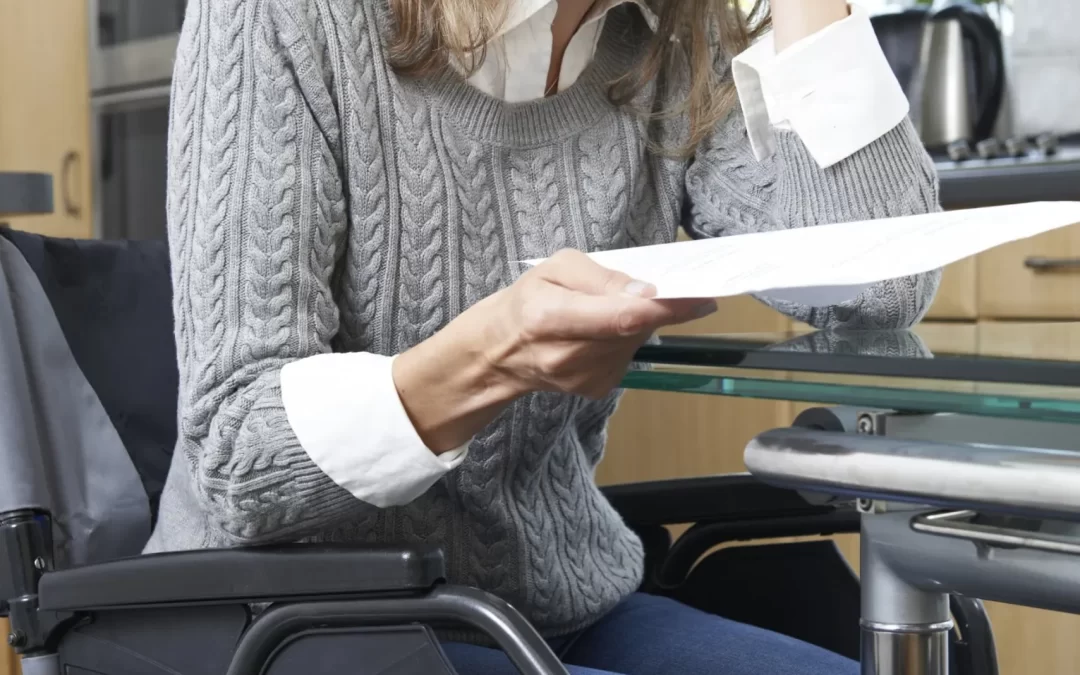A personal injury lawyer can help with the burden of proof
A personal injury lawyer in Boise ID can help prove liability in personal injury cases. In the realm of personal injury law, the burden of proof is a critical concept that plays a pivotal role in determining the outcome of a case. In the state of Idaho, as in many jurisdictions, understanding the burden of proof is essential for both plaintiffs and defendants involved in personal injury lawsuits. This article explores the burden of proof in personal injury cases in Idaho and delves into how a personal injury lawyer can be instrumental in navigating this complex legal landscape.
Understanding the Burden of Proof
The burden of proof refers to the obligation of a party to present evidence in support of their claims during a legal proceeding. In personal injury cases, the burden of proof typically rests on the plaintiff—the party bringing the lawsuit. To succeed in their case, the plaintiff must provide sufficient evidence to convince the court that the defendant is liable for the injuries and damages alleged.
In Idaho, the burden of proof in personal injury cases is generally based on a preponderance of the evidence standard. This means that the plaintiff must demonstrate that it is more likely than not that the defendant’s actions or negligence caused the injuries in question. Unlike the more stringent “beyond a reasonable doubt” standard in criminal cases, the preponderance of the evidence standard is a lower threshold, making it somewhat easier for plaintiffs to meet.
Elements of a Personal Injury Case
To meet the burden of proof in an Idaho personal injury case, the plaintiff must establish certain key elements. These elements typically include:
- Duty of Care: The plaintiff must show that the defendant owed them a duty of care. For example, in a car accident case, every driver must operate their vehicle safely.
- Breach of Duty: It must be demonstrated that the defendant breached the duty of care owed to the plaintiff. This could involve actions such as reckless driving, failure to maintain property, or medical malpractice.
- Causation: The plaintiff must establish a direct link between the defendant’s breach of duty and the injuries sustained. It’s not enough to prove that the defendant was negligent; there must be a clear connection between the negligence and the harm suffered.
- Damages: Finally, the plaintiff must provide evidence of the damages they have suffered as a result of the defendant’s actions. This may include medical bills, lost wages, pain and suffering, and other tangible and intangible losses.
Role of a Personal Injury Lawyer
Navigating the legal intricacies of a personal injury case in Idaho can be a daunting task, especially for individuals unfamiliar with the state’s specific laws and procedures. This is where the expertise of a personal injury lawyer becomes invaluable.
- Legal Expertise: Personal injury lawyers are well-versed in the nuances of Idaho’s legal system. They understand the specific requirements for proving negligence and liability in personal injury cases and can guide their clients through the process.
- Investigation and Evidence Gathering: Building a strong case requires thorough investigation and collection of evidence. A skilled personal injury attorney has the resources and experience to gather crucial evidence, such as accident reports, witness statements, and expert opinions, to support their client’s claims.
- Negotiation Skills: Many personal injury cases are resolved through negotiation before reaching trial. A seasoned personal injury lawyer can negotiate with insurance companies or opposing parties to secure a fair settlement on behalf of their client.
- Courtroom Advocacy: In the event that a case goes to trial, a personal injury lawyer is a powerful advocate in the courtroom. They can present the evidence persuasively, cross-examine witnesses, and make compelling legal arguments to support their client’s position.
Idaho-Specific Considerations
Idaho has its own set of laws and regulations that govern personal injury cases. Familiarizing oneself with these specific statutes is crucial for anyone navigating the legal terrain of personal injury litigation in the state.
- Statute of Limitations: Idaho imposes a statute of limitations on personal injury cases, limiting the time within which a lawsuit must be filed. In most cases, the injured party has two years from the date of the injury to file a lawsuit. It’s important to act promptly, as failing to meet this deadline can result in the loss of the right to seek compensation.
- Comparative Negligence: Idaho follows a comparative negligence system, which means that the amount of compensation a plaintiff can receive may be reduced if they are found partially responsible for their injuries. In such cases, the court determines the percentage of fault assigned to each party, and the plaintiff’s recovery is adjusted accordingly.
- Damage Caps: While Idaho does not impose caps on economic damages (such as medical expenses and lost wages), there is a statutory cap on non-economic damages in medical malpractice cases. Non-economic damages, including pain and suffering, are limited to $250,000.
The Impact on the Burden of Proof
Understanding Idaho’s legal framework is crucial for both plaintiffs and their legal representatives. The state’s laws can influence how the burden of proof is met and the strategies employed in personal injury cases.
- Documenting Damages: Given the potential cap on non-economic damages, documenting economic damages becomes even more critical. Personal injury lawyers in Idaho must meticulously compile evidence of medical expenses, lost wages, and other economic losses to maximize their client’s compensation.
- Navigating Comparative Negligence: Idaho’s comparative negligence system adds complexity to personal injury cases. The plaintiff’s lawyer must be adept at presenting evidence to minimize their client’s responsibility for the injury, ensuring that the compensation is not unduly reduced.
- Medical Malpractice Challenges: In medical malpractice cases, where damage caps apply, proving the extent of non-economic damages becomes a focal point. Personal injury lawyers must present compelling evidence of the impact of the malpractice on the victim’s quality of life to maximize the damages within the statutory limits.
Collaborating with Experts
To bolster the burden of proof in personal injury cases, lawyers often collaborate with various experts. These experts may include accident reconstruction specialists, medical professionals, economists, and others who can provide authoritative testimony to support the plaintiff’s claims.
- Accident Reconstructionists: In cases involving car accidents or other incidents with complex dynamics, accident reconstruction specialists can recreate the events, offering insights into causation and liability.
- Medical Experts: Establishing a clear connection between the defendant’s actions and the plaintiff’s injuries often requires the testimony of medical experts. Their insights can be instrumental in demonstrating the extent and nature of the harm suffered.
- Economic Experts: In cases where future earning capacity is at stake, economists can provide expert opinions on the financial impact of the injuries, helping to substantiate claims for lost wages and diminished earning potential.
In conclusion, navigating personal injury cases in Idaho involves a nuanced understanding of the state’s laws and a strategic approach to meeting the burden of proof. As we’ve explored in this two-part article, enlisting the services of a skilled personal injury lawyer is essential for those seeking justice and fair compensation in the Gem State. By leveraging legal expertise, conducting thorough investigations, and collaborating with experts, individuals can navigate the complexities of personal injury litigation with confidence and diligence.
Hire the best personal injury lawyer in Boise ID
Jacobson & Jacobson Law Firm, since 1982, is committed to serving the Boise, Nampa, Ammon, Coeur d’Alene, and Lewiston Idaho area for your top Criminal Defense, Personal Injury, Business Law, Estate Planning, Family Law, Immigration Law, and Litigation needs. Contact us today to get started. For a free 30-minute consultation, book here: https://calendly.com/jfj-1


